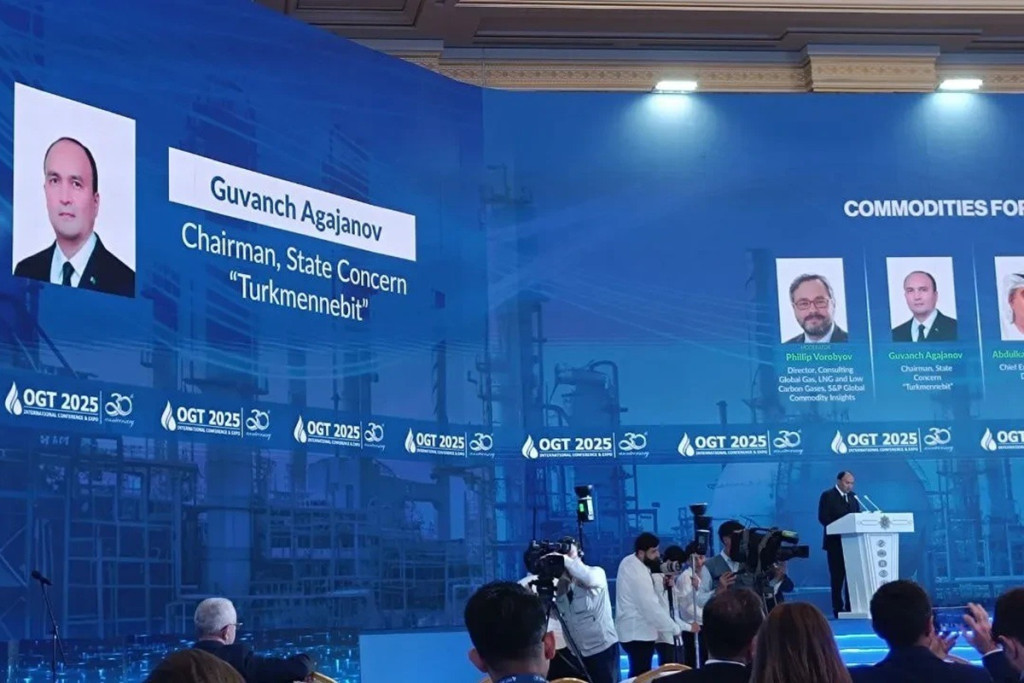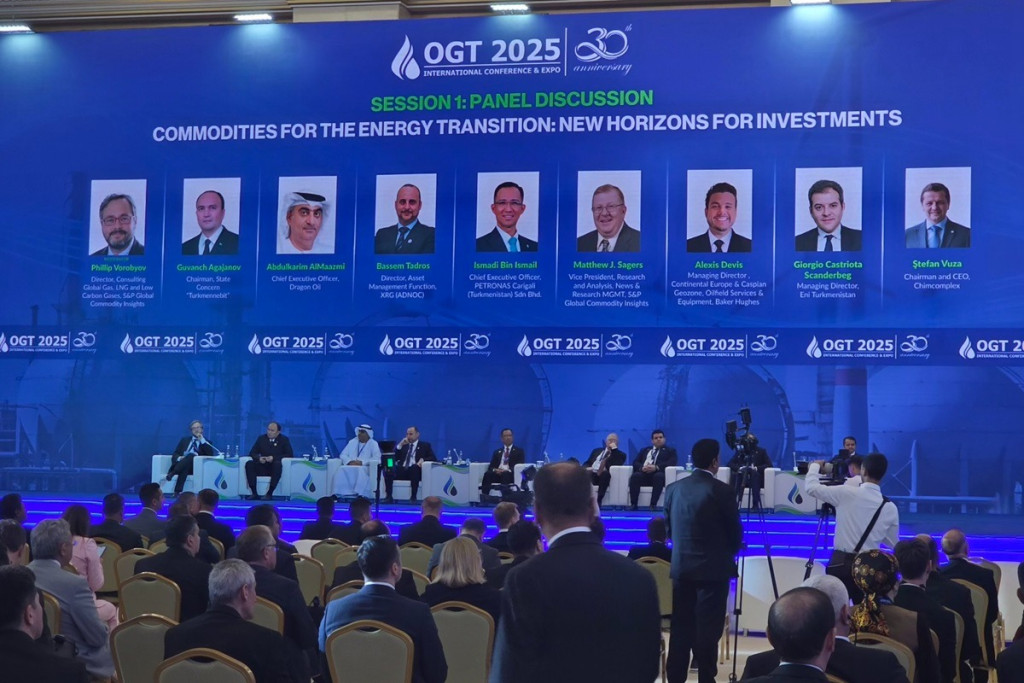
In recent decades, climate change has become one of the most serious challenges to humanity. Considering the complex nature of this problem, Turkmenistan pays close attention to the issues of environmental protection and rational use of natural resources.
As an active participant in the international dialogue in this topical area, our country is in favor of deepening and expanding constructive cooperation with all interested partners, primarily in the United Nations format. Another confirmation of this was the initiatives of President Gurbanguly Berdimuhamedov to develop a UN Strategy aimed at implementing measures to develop low-carbon energy, as well as to create an international “Road Map” for the development of hydrogen as one of the priority areas in the energy sector under the auspices of the UN.
As the head of state emphasizes, the key factor here must be a strong and universal commitment to the Paris Agreement on climate change. It is this document that is intended to determine the entire global environmental and environmental agenda in this century.
By joining the main UN environmental conventions, Turkmenistan is systematically reducing the carbon intensity of its products. So, by 2025, the growth rate of carbon dioxide emissions is planned to be reduced to 122 percent and to 118,1 percent - in 2030.
In particular, in the oil and gas industry, issues of increasing the efficiency of energy use are resolved through the diversification and modernization of the industry, the introduction of innovative technologies that ensure deep processing of raw materials, the production of high-quality petroleum products and gas chemical products with improved environmental characteristics that meet international norms and standards, equipping enterprises with modern technology and equipment.
A good example here is the gas chemical complex in Kiyanly and the plant for the production of synthetic gasoline from natural gas in the Akhal velayat, whose innovativeness and environmental safety are confirmed by certificates from authoritative international organizations.
It should be emphasized that the transition to a "green economy" is a very difficult task, which is recognized by all international experts. Based on global demographic and economic factors, it can be expected that population and economic growth will lead to further increases in energy demand, probably two to three times higher than current levels. At the same time, the highest growth rates of energy consumption are expected in the Asia-Pacific region. These global trends can be traced in the states participating in the Turkmenistan-Afghanistan-Pakistan-India gas pipeline project.
As President Gurbanguly Berdimuhamedov has repeatedly emphasized, this project is of great international importance in the context of forming a new architecture of global energy security, creating conditions for achieving the UN Sustainable Development Goals.
As you know, in the process of transition to the reduction of greenhouse gas emissions into the atmosphere and the subsequent impact on climate change, natural gas, which is the cleanest and most economical type of fossil fuel, plays a key role. First of all, this concerns natural gas supplied to consumers through pipelines.
“Comparative analyzes of the volumes of carbon dioxide emissions were carried out during the transportation of natural gas through the TAPI pipeline and liquefied gas (LNG) from the source to the points of intake in Pakistan and India,” says Muhammetmyrat Amanov, CEO and Chairman of the Board of Directors of TAPI Pipeline Company Limited. - The results of the analysis showed that the transportation of gas through the TAPI pipeline creates a lower volume of transport carbon dioxide emissions than the transportation of the same volume of gas using the LNG technology.
These figures are valid for both the first and second phase of the project. We remind that at the initial stage, it is planned to provide a free flow of gas into the pipeline - from 5 to 6 billion cubic meters per year. Then, after the construction of two compressor stations, the annual capacity of TAPI will be increased to 33 billion cubic meters.
Thus, the TAPI gas pipeline will not only give an impetus to the economic development of the states of the region, will contribute to the solution of social and humanitarian issues, but will also become a positive factor in the movement towards reducing carbon emissions. During the design and construction of the new energy main, the relevant international standards are observed, the best technologies are applied, which will contribute to solving problems in the field of environmental protection.
Ussa Ussaev,
editor-in-chief of the newspaper "Nebit-gaz"



